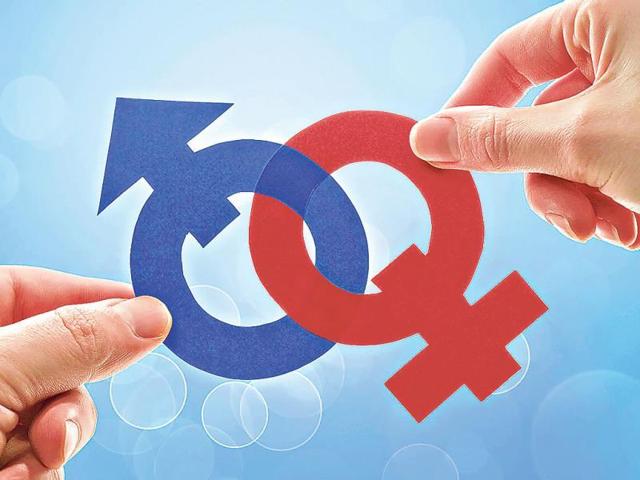To end gender violence, India must adopt a ‘She+He’ approach
A new ActionAid report says that more than four in 10 women in India experience harassment or violence before the age of 19. The battle against gender violence cannot be won unless men are involved
Today is International Day for the Elimination of Violence Against Women. While many would argue that we don’t need to mark such days, I think it’s a good practice simply because they remind governments, policy-makers and the public about the scale of challenges that still confront us despite economic, social and technological progress.

Take for example the issue of violence against women (VAW). Despite a massive surge in levels of education, gender awareness and stringent pro-women laws, VAW continues unabated across the world.
According to a new four-nation survey by ActionAid, an NGO, women around the world experience harassment for the first time at a shockingly young age with 6% experiencing harassment before the age of 10 in India.
More than four in 10 women (41%) in India experience harassment or violence before the age of 19.
The figure for Brazil is 16% while it is 12% in Britain and 8% in Thailand.
Read | India cannot become the third largest economy by bypassing women workers
“Cross country findings suggest immediate actions are needed on part of societies and governments to curb harassment and violence against women. While awareness on rights of women, women’s abilities and potential has seen incremental advances over the last decades, we are still a long way off to realise a promise of a just and equal world for half of our humanity,” said Sandeep Chachra, executive director at ActionAid India.
Read | Sakshi Malik alone cannot fight Haryana’s gender battles
The research also found that around three fourth (73%) of women in India have experienced some form of violence or harassment in the past month.
For women in India, violence and harassment is not just physical. There is persistent gender discrimination, which includes physical, sexual, emotional and economic violence, son preference, unequal resource distribution and unequal decision-making power (in both private and public spaces); caste discrimination of women from specific castes, communal violence, and several neo-liberal economic policies also impact women in different ways.
While laws, education, funds for women-related programmes are important, we must not forget to engage with men because they too have a huge role in stopping discrimination against women.
The MenEngage conference, which was held in Delhi in 2014, focused on this aspect. It ended with a declaration stating that unless governments adopt a “She+He” perspective, women’s ability to galvanise efforts in the fight for gender equality will be limited.
- 82% surveyed have done something to guard against harassment.
- 6% first experienced some form of harassment under the age of 10
- 73% have experienced some form of harassment in the last month
- 71% have done something to guard themselves against the threat of harassment, 88% aged 18-24 have done this
- More than 1 in 10 (12%) first experienced some form of harassment under the age of 10
- 57% have experienced some form of harassment in the last month
- 93% surveyed have done something to guard themselves against the threat of harassment!
- 8% first experienced some form of harassment under the age of 10
- 76% have experienced some form of harassment in the last month
- 86% surveyed have done something to guard against harassment. 93% of 18-24 year olds have done this
- 16% first experienced some form of harassment under the age of 10
- 87% have experienced some form of harassment in the last month
The Delhi declaration, which involved numerous drafts, pledged to take an inclusive approach to realising gender justice, highlighting the most effective ways for men and boys to contribute to gender equality, without being used as mere instruments.
Read | Pinjra Tod: Delhi girls fight back to reclaim public spaces for women
The declaration added that activists must engage men and boys in preventing gender-based violence because they are also harmed by it, and called on men to take equal responsibility for unpaid care work.
Investing in men is also a way of ensuring women’s empowerment, because a gender-sensitive father, brother or spouse will positively impact women’s lives.
“After all, we live in the same family, same community and we are interrelated and inter-interdependent,” one of the participants told me.
@kumkumdasgupta





